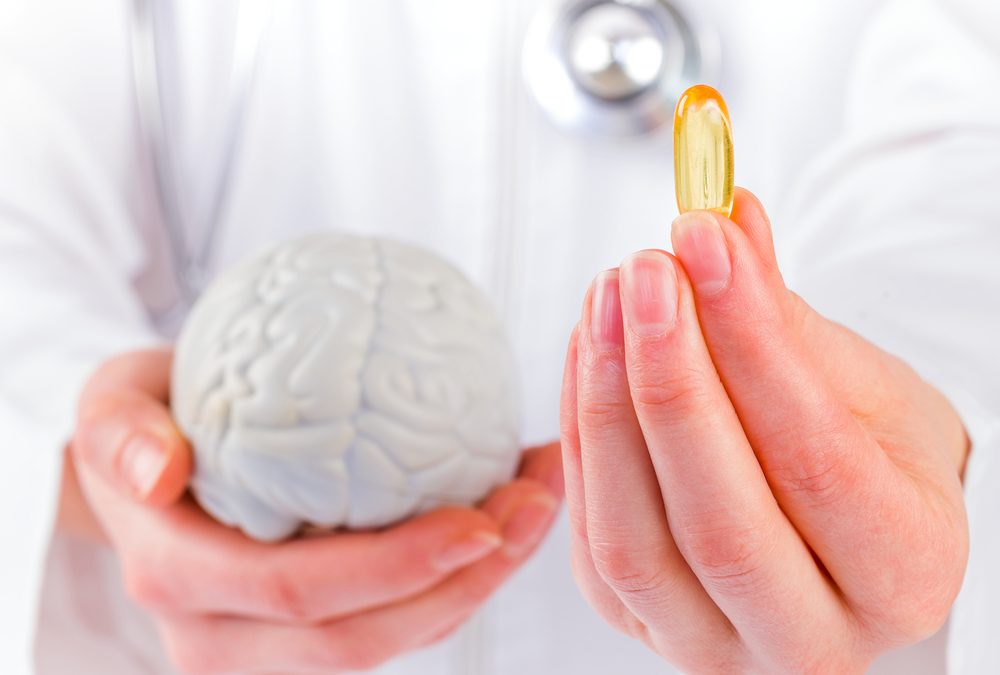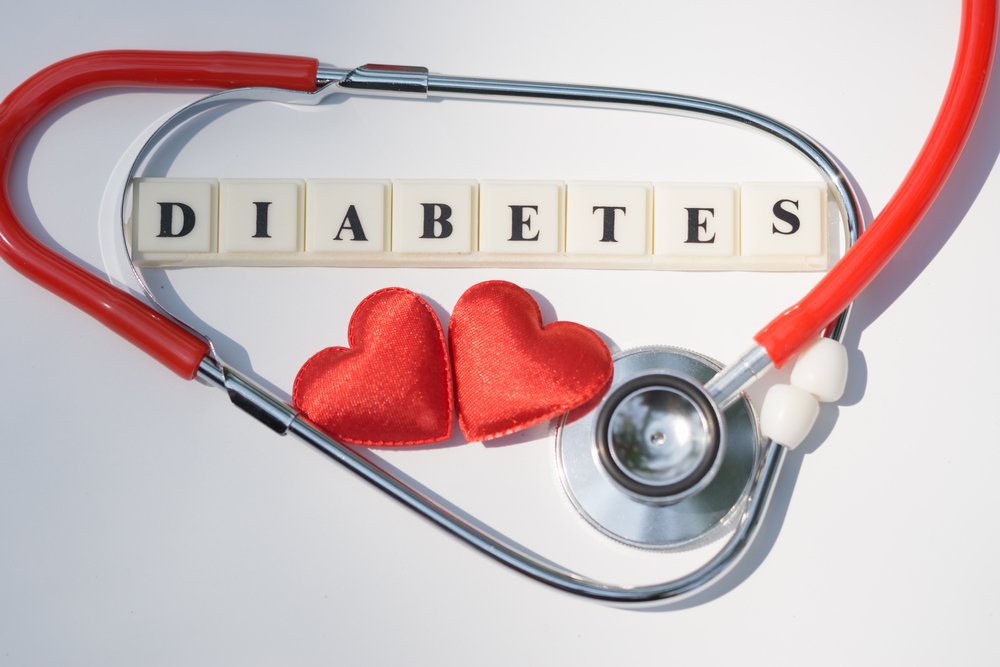Recent findings from World Psychiatry and the International Society for Nutritional Psychiatry Research (ISNPR) are changing the conversation around mental health treatment. A massive meta-analysis and new clinical guidelines now identify omega-3 fatty acids (EPA and DHA) as one of the most promising nutrient-based therapies for major depressive disorder (MDD) and other mental health conditions.
For the hundreds of millions struggling with depression, anxiety, or other psychiatric disorders, this is an important—and hopeful—development.
The Global Mental Health Crisis
Mental illness affects an estimated 450 million people worldwide, making it one of the leading causes of disability across the globe. Depression alone impacts more than 300 million individuals, and tragically, suicide claims a life every 40 seconds, according to the World Health Organization.
In the U.S., approximately one in five adults experiences a mental health disorder each year, and nearly 17% of children between 6 and 17 face similar challenges. Beyond the human toll, the World Economic Forum estimates that mental illness costs the global economy over 4% of GDP—a figure projected to reach $6 trillion annually by 2030.
These statistics underline an urgent need for effective, accessible, and evidence-based treatments—beyond medication alone.
Nutrients and the Mind: What the Evidence Shows
A landmark meta-analysis published in World Psychiatry by researchers at the NICM Health Research Institute (Western Sydney University) examined 33 meta-analyses of randomized controlled trials, encompassing nearly 11,000 participants with conditions like depression, anxiety, bipolar disorder, schizophrenia, and ADHD.
The results were groundbreaking:
-
Omega-3 supplements provided significant additional benefits for individuals with major depressive disorder, improving symptoms when used alongside antidepressants.
-
Smaller but notable benefits were also seen in ADHD.
-
Importantly, all nutrient supplements studied were deemed safe, with no serious side effects or medication interactions when taken as directed.
Dr. Joseph Firth, the study’s lead author, emphasized that the data offers clear, science-based guidance for integrating nutrients into psychiatric care. “This research brings together decades of clinical trials and shows that some nutrients, especially omega-3s, truly make a difference when used properly,” he said.
Omega-3s as Adjunctive Therapy for Depression
A separate publication in Psychotherapy and Psychosomatics by the ISNPR presented new practice guidelines for omega-3 use in depression treatment. The expert panel—composed of leading psychiatrists and nutrition researchers—outlined best practices for clinicians:
Key Recommendations
-
Formulation: Pure EPA or EPA/DHA blends with a ratio greater than 2:1 (EPA:DHA >2) are most effective.
-
Dosage: 1–2 grams of net EPA daily is recommended for therapeutic benefit.
-
Monitoring: Clinicians should assess overall metabolic and inflammatory status, as these factors can influence treatment response.
-
Safety: Omega-3s are suitable for use in pregnant women, children, older adults, and individuals at high risk for depression recurrence.
The panel also advised that future research focus on personalized supplementation, particularly for people with low Omega-3 Index levels or high inflammation, both of which are linked to poor mental health outcomes.
The Omega-3 Index and Brain Health
Originally developed as a cardiovascular biomarker, the Omega-3 Index measures the percentage of EPA and DHA in red blood cell membranes—a reflection of long-term omega-3 status.
Emerging evidence now suggests this same index could play a vital role in mental and cognitive health.
-
Individuals with low Omega-3 Index scores are more likely to experience mood disorders, cognitive decline, and increased inflammation.
-
Establishing a target range for mental health—similar to the 8% threshold for heart protection—may soon become part of psychiatric practice.
By tracking and optimizing omega-3 levels, patients and clinicians can move toward a personalized, preventive approach to mental wellness.
The Takeaway: Nutrition as a Tool for the Mind
The connection between nutrition and mental health is no longer speculative—it’s science-backed and actionable. Omega-3s, particularly EPA-rich formulations, have demonstrated measurable benefits for depression and other mood disorders when used alongside standard treatments.
In a world where millions are struggling with mental illness, these findings provide a simple yet powerful message:
Supporting the brain starts with nourishing it.
Integrating high-quality omega-3 supplements, tracking your Omega-3 Index, and maintaining a balanced, anti-inflammatory diet can all play key roles in improving emotional resilience and long-term mental health.




